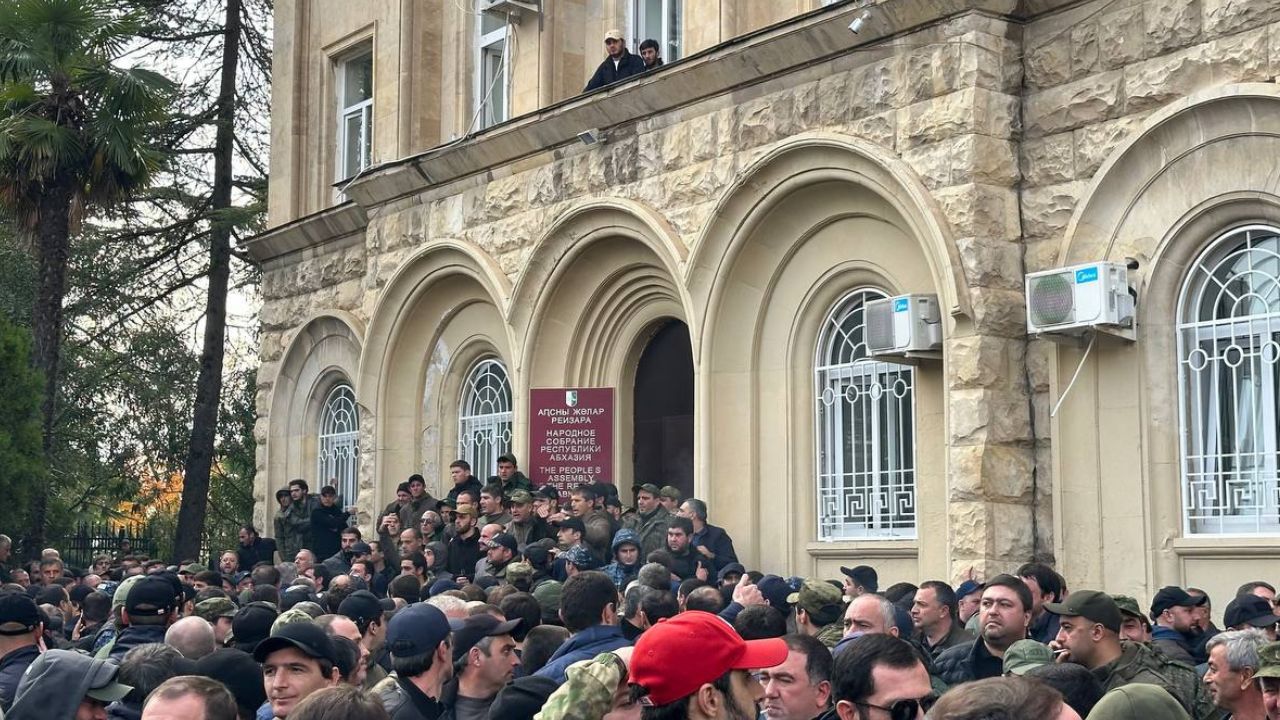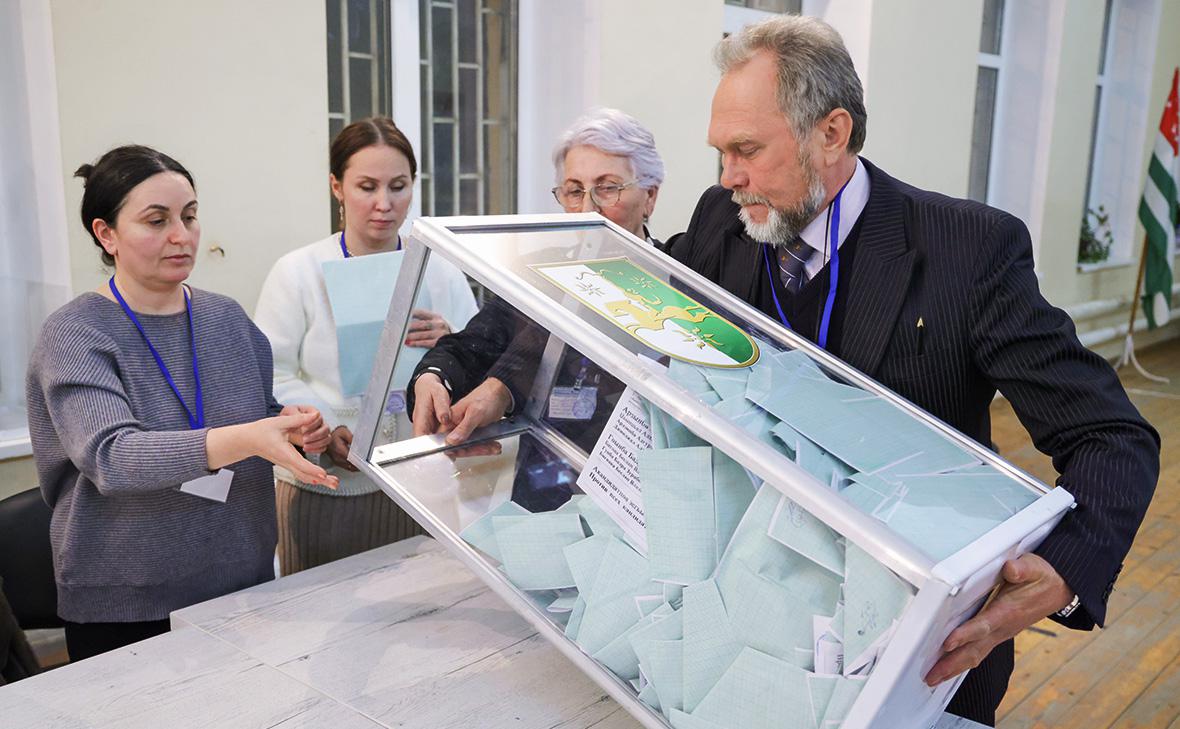Opinion from Abkhazia: one year after President Aslan Bzhania’s resignation - what changed and what must change?
What’s happening in Abkhazia: one year after Bzhania
A year has passed since former President of Abkhazia Aslan Bzhania was forced to resign under pressure from the opposition.
The Telegram channel Republic, owned by one of the opposition leaders, Adgur Ardzinba, has published an analytical article examining how the republic’s domestic political landscape has changed since then and how relations between Russia and Abkhazia are developing today.
Abkhazia has been living in a state of permanent political crisis for two decades
Since 2004, periods of stability have been brief, while the system itself has remained unchanged: two competing political camps continue their struggle for power.
Three consecutive presidents have left office under street pressure rather than at the end of a political cycle.
After the 2004 crisis, Moscow chose a pragmatic approach – not to interfere in Abkhazia’s internal conflicts. This allowed it to maintain working relations with whichever side prevailed, as despite internal disagreements, both camps remained loyal to Russia.
Low living standards, corruption, and clan-based politics created fertile ground for constant discontent, and thus for recurring political upheavals.
This cycle can be broken only under three conditions:
- consolidation of society;
- fundamental reforms;
- long-term external financial support.
But today, Russia – Abkhazia’s strategic ally – has neither the resources nor the time for this, while the rest of the world is simply uninterested in Abkhazia.
Here is the English translation:
What has changed?
Recently, Moscow abandoned its previous non-intervention model and openly supported one political camp.
With substantial administrative, financial, and political backing from Moscow, Badra Gunba was forcibly installed as the new president.
Instead of balancing power, systematic pressure on opponents began — ranging from attempts to marginalize them to direct persecution.
To be fair, cooperation with Russia has indeed become clearer and more productive on several projects — a result of hands-on management by Russian overseers.
However, the political consequences of this one-sided approach are destructive.
Most of society perceives even the government’s positive steps as part of political maneuvering and an attempt to boost Gunba’s rating, rather than genuinely improving people’s lives.
At the same time, there are no internal resources for stabilization. Even if significant funds were available, they would not be effective without independent governance and a strategic development plan.
Under such a system, financial injections, instead of creating stability, only increase dependence, public frustration, and elite corruption.
What to expect?
1. The policy of unconditional support for the authorities and pressure on the opposition is likely to continue.
2. This creates a sense of impunity among the leadership and could lead to a new political crisis.
3. For Moscow, it will become increasingly difficult to play the role of referee. History shows that even the most Kremlin-loyal Abkhazian presidents could not withstand public pressure.
What is the way out?
The only realistic path is political de-escalation and an attempt at at least partial consolidation.
This requires political maturity from Gunba:
- engaging in open dialogue;
- abandoning the practice of pressure;
- developing a comprehensive reform strategy instead of relying on tactical decisions.
Today, this scenario seems unlikely. The time to establish a balance has been lost. Gunba, who began his presidency under relatively calm conditions, did not use this opportunity to unite the country.
And most importantly
When an ally like Russia is involved in a large-scale conflict with the West, instability in Abkhazia ceases to be just a local problem.
It becomes a factor that can complicate the overall strategic picture in the region.
President Badra Gunba must understand that his direct duty is to maintain internal balance – not to watch pressure on opponents increase in hopes of securing a political monopoly.
Such an approach could not only doom him to the fate of a fourth “early-resigned” president but also lead to far more serious consequences.
Ultimately, full responsibility for what happens in the republic rests on its leader.
Toponyms, terminology, views and opinions expressed by the author are theirs alone and do not necessarily reflect the views and opinions of JAMnews or any employees thereof. JAMnews reserves the right to delete comments it considers to be offensive, inflammatory, threatening or otherwise unacceptable.
News in Abkhazia






















